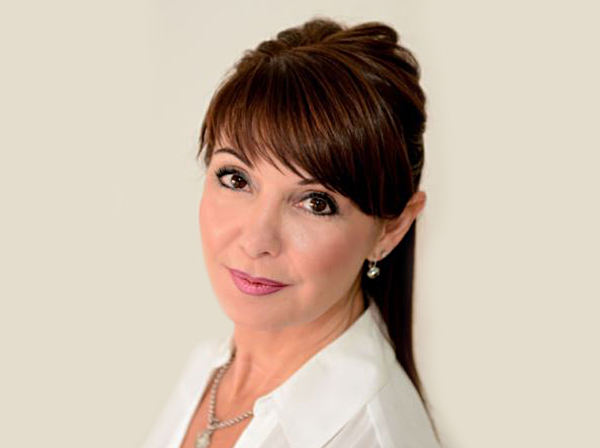The growing demand for medical tattooing services is largely being ignored by beauty clinics, according to one of Sydney’s leading cosmetic tattooists.
Rita Porreca, the managing director of the Sydney Permanent Makeup Centre, says demand for medical tattoos has grown rapidly in recent years due to increasing awareness of the treatment and its possibilities.
She says many cosmetic tattooists could increase their client numbers by offering medical tattoos in their clinics but are often unaware of the demand for the service – and the available training.
Best described as “advanced cosmetic tattooing used to improve the appearance of skin due to medical conditions”, medical tattooing is most commonly used to camouflage scars (including burns), restore melanin (eg, hypopigmentation and white scars) and create areolas (nipples) for women who have had a breast reconstruction following a mastectomy.
Since qualifying as a medical tattooist in 1999, Rita has helped 1000s of men and women regain their confidence with her ability to transform skin disfigurements.
Yet despite her extensive skills and experience, Rita readily acknowledges that one of the most disheartening aspects of medical tattooing is that “success cannot be guaranteed” for all clients.
“Medical tattooing is very rewarding but medical tattooing clients are different to cosmetic tattooing clients,” she says.
“They [medical tattoo clients] are looking for a solution to a problem to help them feel better about themselves whereas cosmetic tattooing clients are normally simply looking for the convenience of not having to apply makeup every day.
“I always try my best to help all my medical tattooing clients with their issues but unfortunately not every problem can be fixed as every person has a unique skin colour and problem.
“If I’m not sure about the likely outcome of a treatment I will often do a patch test during the consultation and then wait three weeks to see the result to see if it’s worth continuing the treatment.”
Apart from performing medical tattoo procedures in the Sydney Permanent Makeup Centre, Rita also regularly runs medical tattooing courses at her adjoining Sydney Permanent Make-Up School.
The two-day Areola, Camouflage and MCA (Skin Needling) Masterclass course teaches participants “how to mix colours for scars and areola treatments” and how to use a tattoo machine for MCA (skin needling) to help rebuild melanin in white scars.
Cosmetic tattooists need to have “at least one year’s experience” to enrol in the course, but Rita stresses “if you have completed cosmetic tattooing training and feel confident in completing eyebrow, lip and eyeliner treatments then you are ready for camouflage training”.
After completing the course participants have to perform “a set number of treatments in their own time before they can get a certificate”.
“There are so many different types of scars it’s hard to practice them all in training but once a student has the fundamentals they can be creative in choosing which techniques to solve different issues,” she says.
For more information visit www.spmuc.com.au

